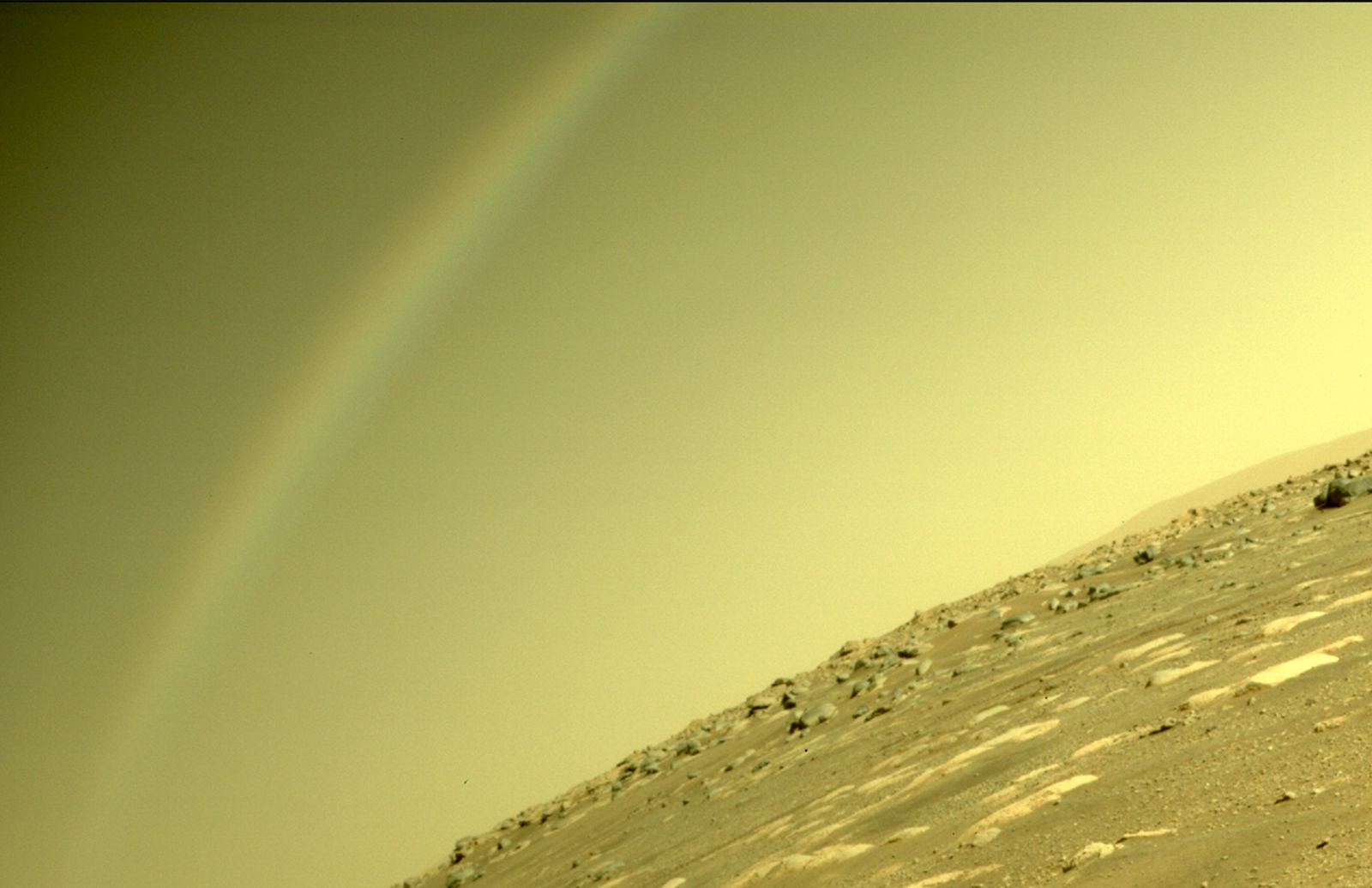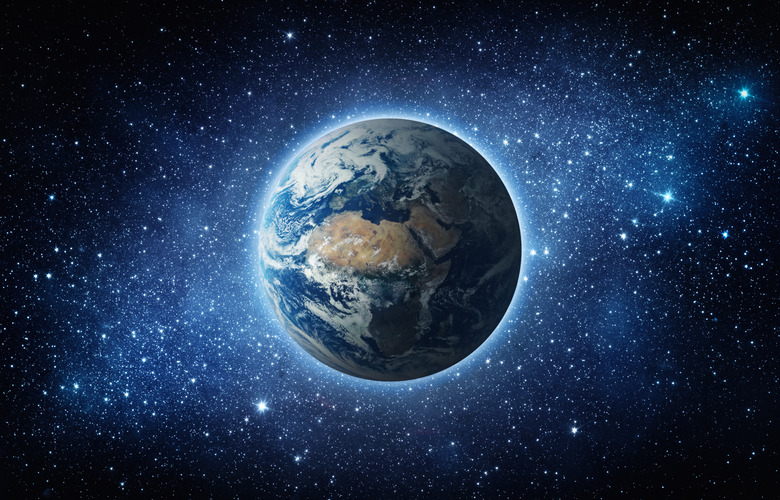Our Planet's Oxygen Levels Will Drop, And There's No Way To Stop It
It's no secret that Earth is doomed. Sure, there's the threat of climate change and the fact that sea levels are rising around the world. But that's not what we're talking about. Instead, our planet's impending doom is actually set to happen billions of years from now, long after we're all gone, when the oxygen levels drop and life as we know it ceases to exist.
When this change occurs, it's going to happen pretty rapidly, a study published a few years ago claims. It will be similar to the Great Oxidation Event (GOE) that happened over 2.4 billion years ago. Back then, oxygen flooded the Earth's atmosphere, giving birth to life as we know it today, or at least its earliest evolutionary forms.
Researchers have long argued that atmospheric oxygen, which humans need to breathe, is unlikely to be a feature of habitable worlds forever. We've seen other planets around us that appear to have been stripped of their oxygen, like Mars and Venus. And many argue that Earth is set to see a similar future at some point down the line.

Of course, the factors resulting in dropping oxygen levels are complex. Not only do we have natural global warming to blame, but human-driven climate change could also play a large role in the end of life on Earth as we know it. Models suggest that Earth's oxygen levels could drop as low as those of Archean Earth, when microbial life was the only life to be found on our little blue and green planet.
Those levels of oxygen would, obviously, not be ideal for people or animals that require oxygen to breathe. Of course, there is always the chance that we manage to get off Earth and settle somewhere else before Earth becomes uninhabitable, but if we don't, and humans are still alive billions of years from now, then it will be the end of the road.
Overall, Earth's future billions of years from now is looking pretty bleak. Scientists estimate that the sun will explode, effectively ending life in our solar system some 2 billion years from now. Before that happens, life on Earth will change drastically, as oxygen levels are expected to drop almost a million times lower than today, researchers told New Scientist.
Luckily, the end of the world isn't the most pressing problem we have to face at the moment, though there are arguments about how we could possibly delay the inevitable. Even if we did, there's not really anything we could do about it but hope Elon Musk and NASA's plan to put humans on Mars in the 2030s works out.
